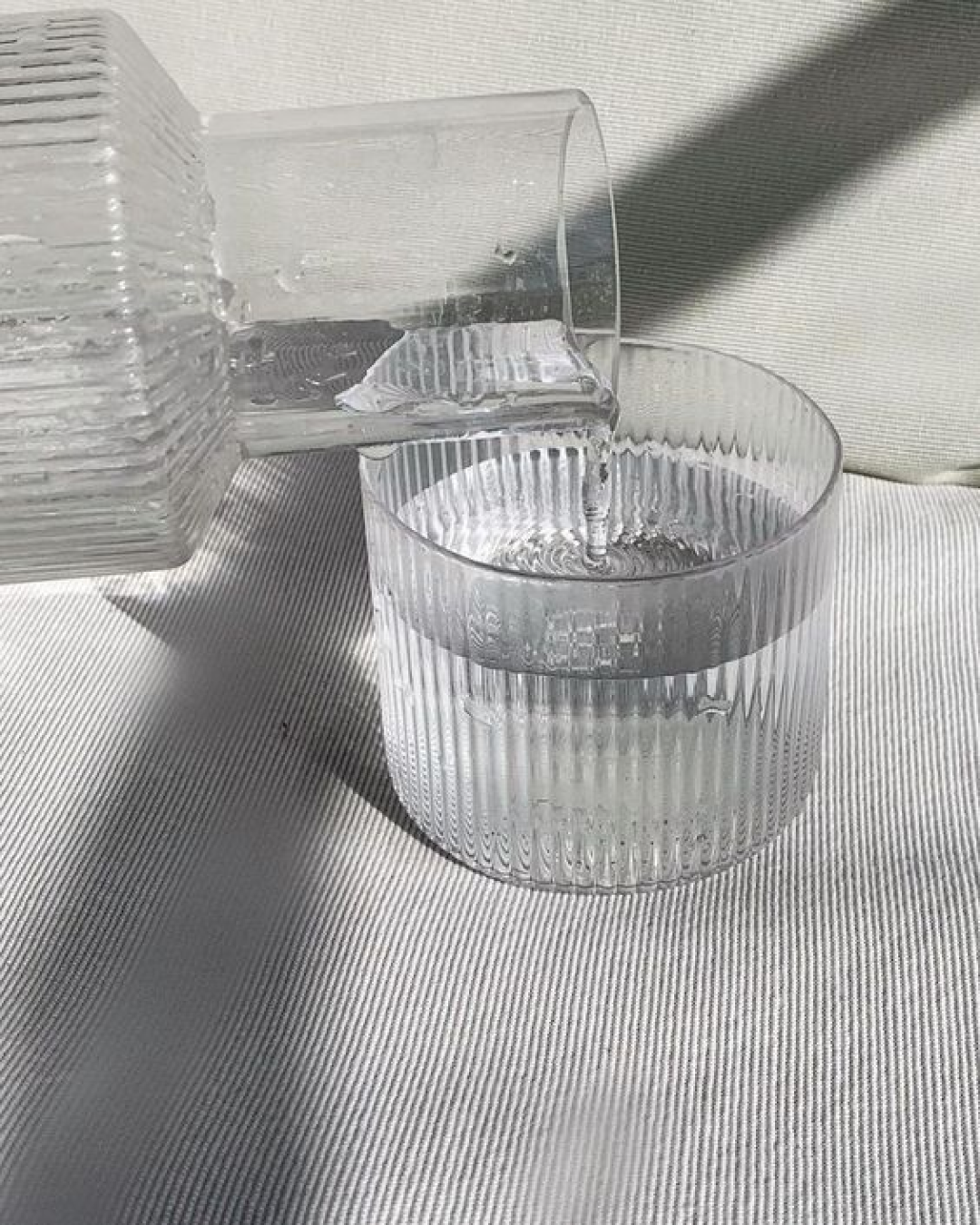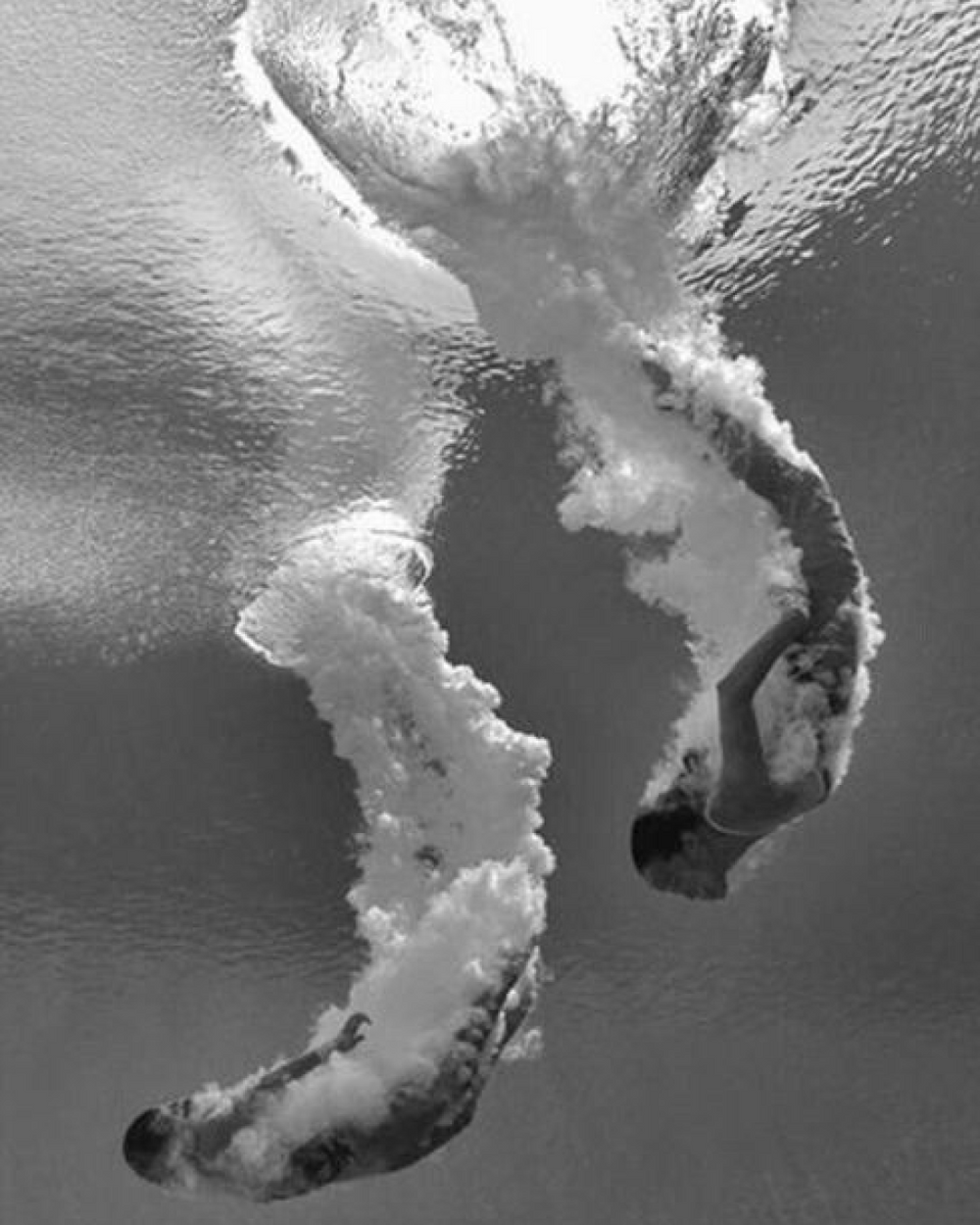
Hydration Is King
Hydrotherapy is a therapeutic approach utilizing water to promote health and support healing processes. You've probably encountered hydrotherapy methods in your life, such as using ice packs or warm compresses to alleviate pain and inflammation. Other techniques include bathing, cold plunges, cold showers, sitz baths, enemas, and steaming.
The underlying philosophy of hydrotherapy revolves around the notion that the quality of blood and circulation significantly impacts overall health. Originating from John Floyer's work in the late 17th century, hydrotherapy aims to optimize blood quality and circulation to nourish tissues and organs, influencing healthcare practices across the United States and Europe.
Modern hydrotherapy encompasses a broad spectrum of water applications, both internally and externally, including saunas and cryotherapy. By leveraging the body's natural elimination organs (such as the skin, liver, bowels, and kidneys), hydrotherapy enhances toxin removal and promotes the delivery of oxygen, nutrients, and blood cells to vital organs.
Water serves as the therapeutic medium in hydrotherapy, carrying heat and cold to stimulate the body's healing mechanisms. However, it's essential to understand that water itself doesn't heal; rather, it amplifies the body's self-healing capacity. In naturopathic medicine, hydrotherapy often complements nutritional and herbal interventions for optimal results, with careful consideration given to factors like water temperature, treatment duration, and individual needs.
Cold Water: Brief exposure to cold water (around 55 to 65 degrees Fahrenheit) constricts surface blood vessels, prompting deeper circulation into the organs. This short-term exposure stimulates metabolism, improves tissue tone, and enhances oxygen absorption. However, prolonged exposure can have a depressive effect on the body, slowing metabolism and decreasing internal temperature.
Hot Water: Hot water (around 98 to 104 degrees Fahrenheit) dilates surface blood vessels, promoting blood flow to the skin. Short-term exposure stimulates circulation throughout the body, while prolonged exposure may lead to decreased tissue tone and blood cell counts.
However, it's crucial to approach hydrotherapy with caution, especially if you have circulatory or cardiovascular conditions. Avoid hydrotherapy during menstruation or pregnancy and seek medical advice if you have chronic health issues. Always listen to your body and consult a healthcare professional before starting any new hydrotherapy regimen.




